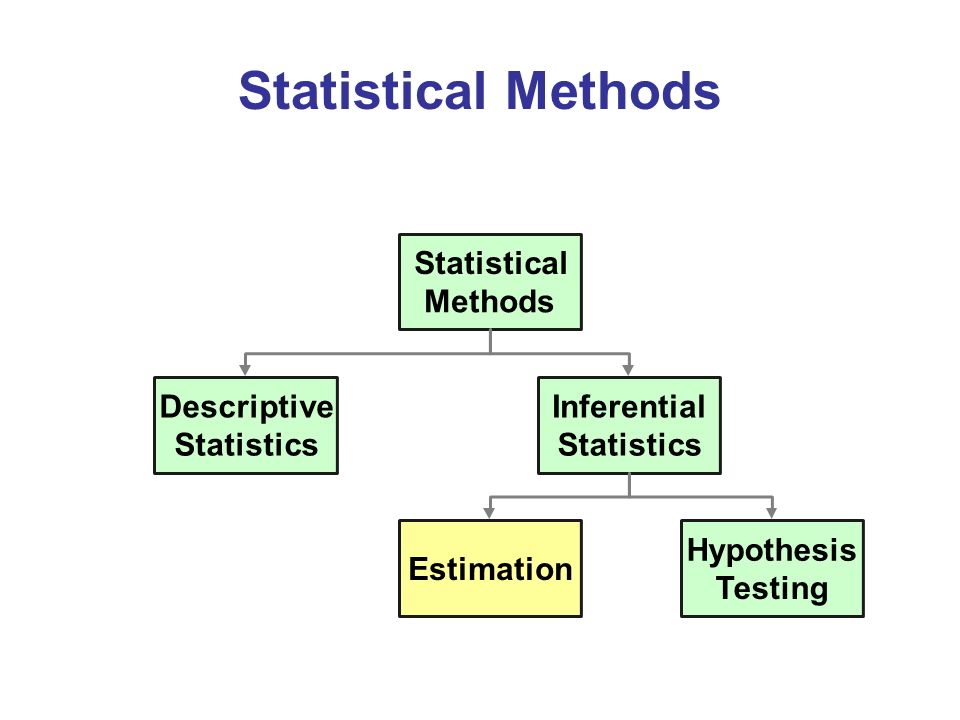Omitted variables are one of the most important threats to the identification of causal effects. Several widely used methods, including Oster (2019), have been developed to assess the impact of omitted variables on empirical conclusions. These methods all require an exogenous controls assumption: the omitted variables must be uncorrelated with the included controls. This is often considered a strong and implausible assumption. We provide a new approach to sensitivity analysis that allows for endogenous controls, while still letting researchers calibrate sensitivity parameters by comparing the magnitude of selection on observables with the magnitude of selection on unobservables. We illustrate our results in an empirical study of the effect of historical American frontier life on modern cultural beliefs. Finally, we implement these methods in the companion Stata module regsensitivity for easy use in practice.
翻译:包括Oster(2019年)在内的一些广泛使用的方法,都是为了评估遗漏的变数对经验结论的影响。这些方法都需要一种外部控制假设:遗漏的变数必须与包括的控数无关。这常常被认为是一种强烈和难以置信的假设。我们为敏感度分析提供了一种新的方法,允许内源控制,同时仍然让研究人员通过比较所观察到的可观测物的选取程度和不可观察物的选取程度来校准敏感度参数。我们用关于美国历史前沿生活对现代文化信仰的影响的经验性研究来说明我们的结果。最后,我们在Stata的配套模块中采用这些方法,以便方便地在实践中使用。


